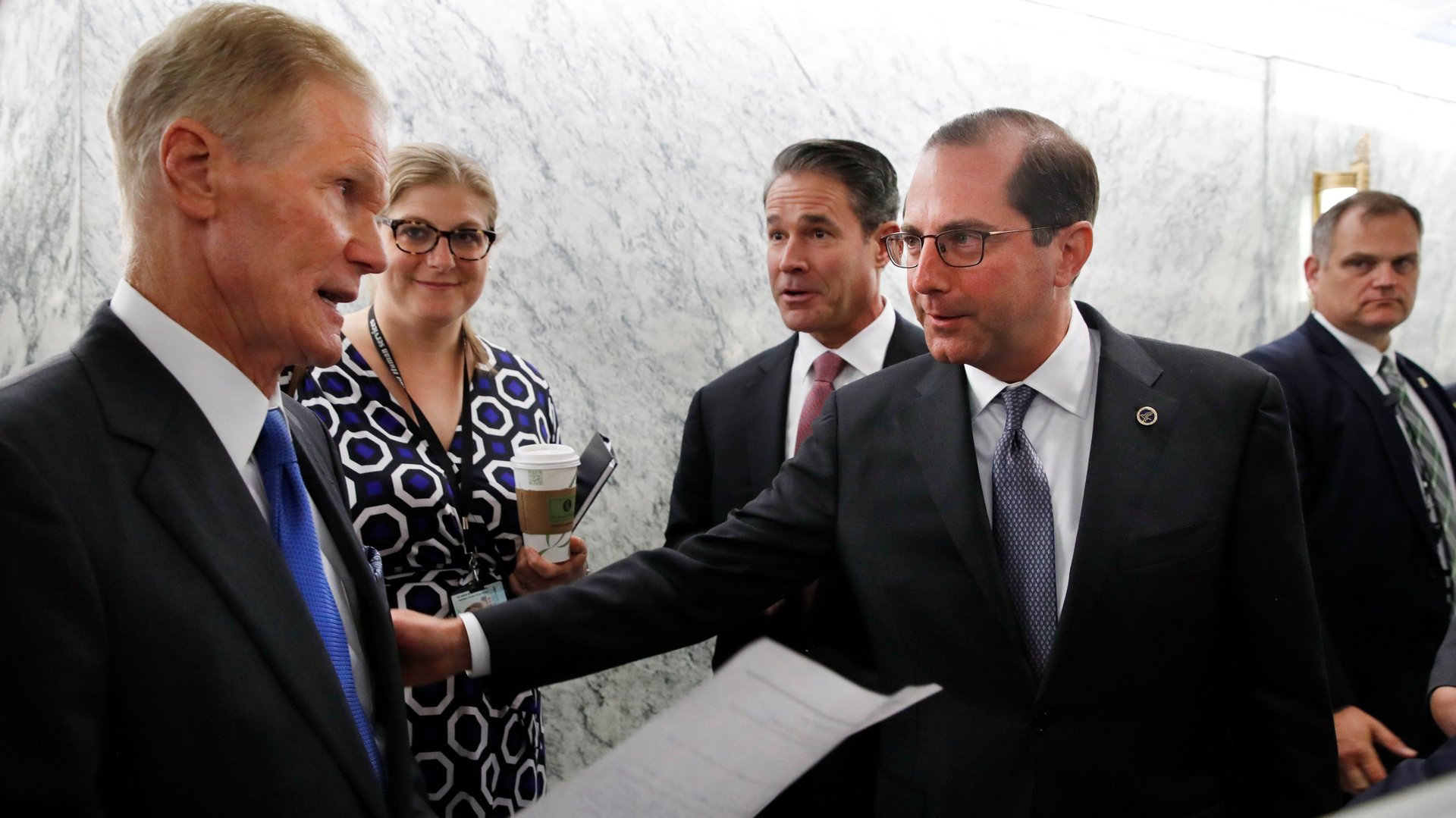The scramble to reunite immigrant kids with their families is a case study in poor project management
The Trump administration is behind deadline. A court has ordered that all immigrant children who were separated from their parents be reunited within the month: Kids who are younger than five years old are supposed to be reunited by July 10. The remainder of the estimated 3000 kids are supposed to be reunited by July 26.


The Trump administration is behind deadline. A court has ordered that all immigrant children who were separated from their parents be reunited within the month: Kids who are younger than five years old are supposed to be reunited by July 10. The remainder of the estimated 3000 kids are supposed to be reunited by July 26.
Today, the government asked for an extension, saying that it cannot fully vet all child-parent matches by that time.
Records of the separated children are embarrassingly spotty, a Health and Human Services (HHS) spokesperson admitted on a July 5 call with press. HHS is charged with reuniting the children, who were originally separated and processed by agents from another federal agency, the Department of Homeland Security. Its own records must therefore be cross-checked with data from other sources, including records from Immigrations and Customs Enforcement (which reports to DHS) and the Office of Refugee Resettlement (ORR).
Cross-referencing may not be enough, said the spokesperson. As the New York Times reported, hundreds of files have already been deleted by border patrol staff. HHS secretary Alex Azar has additionally “ordered a hand audit of the records of every single child in our care,” but that’s more than 12,000 children, only some of which came to the border with their families.
That’s right: The HHS needs to review thousands of case files by hand for clues to which children were taken from their parents—just the beginning of a process that would also require talking with case managers to verify information and then trying to locate their families. The task is so massive that the agency is asking staff to work overtime reviewing the records, according to the Times, which obtained an internal email stating that “[e]veryone here is now participating in this process, including the Secretary who personally stayed until past midnight to assist.”
Because these aren’t necessarily employees specialized in this kind of work, the file processing is likely to generate errors.
Once children are identified, the agency says it is using DNA tests to confirm that the children are matched with the right parents. This, according to the government’s request for a deadline extension, is what’s delaying the whole procedure. The petition also asks that HHS be allowed to shorten its vetting process, if the deadline is not extended.
Current DHS officials worry that HHS already doesn’t do a good enough job vetting children’s guardians. “HHS will take your word for it if you say ‘This is my son, I have come to pick him up,’ ” they said. In 2015, a whistleblower said that thousands of sponsors in HHS’s data base had criminal records.
Coordination across agencies is a concern. “There is no one in charge of the crisis,” one former DHS official who worked with the George W. Bush administration tells Quartz. In other situations, like, say, an outbreak of bird flu, or a hurricane, the federal government would put together a task force that would include representatives from different agencies and offices, who would meet and plan, the official says. There’s no indication of such an interagency effort right now, part of an ongoing pattern of federal chaos under the Trump administration.
The US federal government’s computer systems, and particularly the ones that deal with immigration and refugee resettlement, are so outdated and incompatible that they’re rarely even able to share information directly, numerous federal employees told Quartz.